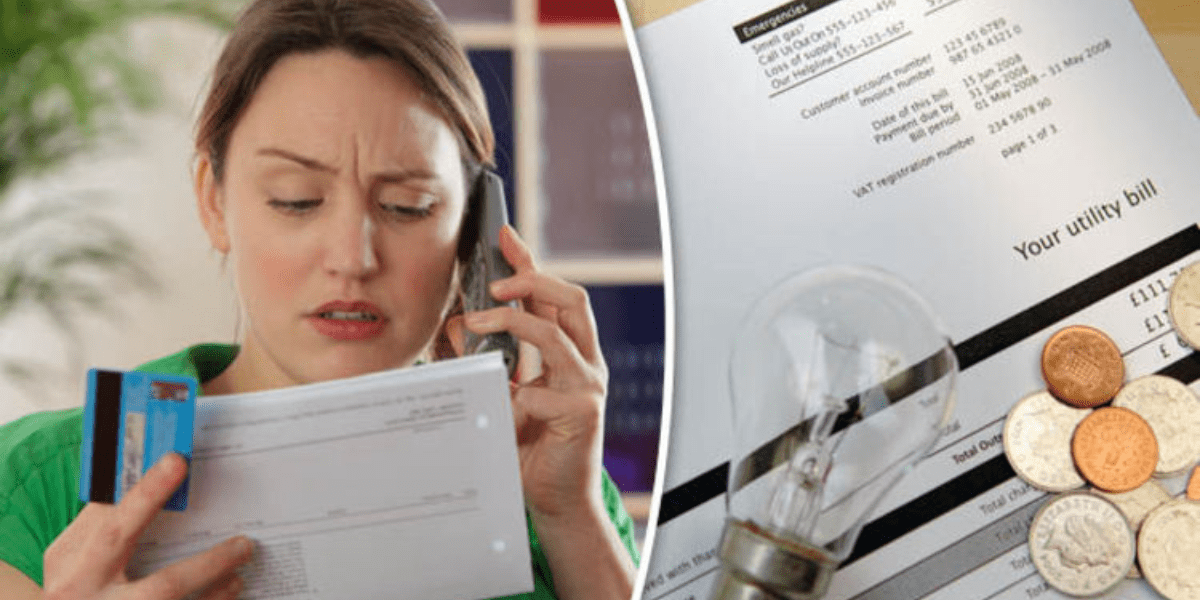Are you living paycheck to paycheck? Do feel that the money that you are making is not enough to live the luxury lifestyle that you dream about? If that is the case, then you are in the right place!
Living paycheck to paycheck can be a stressful and difficult situation to be in. It can make it hard to save for the future and can leave you feeling financially insecure. However, there are steps you can take to break the cycle and start building a more stable financial future.
In this article, we will discuss some strategies for stopping the cycle of living paycheck to paycheck and taking control of your finances.
Table of Contents
5 Easy Steps to Stop Living Paycheck to Paycheck
Step.1: Acknowledge The Issue.
Look at the problem that faces, and think about how you can start to work towards the solution. This is actually the number one factor of acknowledging the problem is what most people can not do, and I am gonna assume that you have already kind of gotten to this step (the point here is to acknowledge the problem).
Step.2: Analyze Your Current Situation.
Step two is analyzing your current situation, It’s essentially balancing your budget. In other words, It is to run yourself like a business.
So try to imagine say Walmart or Amazon not thinking about how much they are buying and selling products for, every business needs to sort of run their accounting, they need to know how much money they are making, how much money they are spending, they need to know their balance sheet, etc.
Now I am not gonna go too technical into this but I can tell you this right now if you are not running yourself like a business in the sense of understanding your finances, It doesn’t mean you have to be trying to make as much money all the time but the point here is that you want to make sure that your financials are in a good position at the moment.
So the first thing that you should do is to calculate your Net Worth, this is very simply put, and the easiest way to do this is to look at all of your assets or things that you have a positive value, so your bank accounts, investments if you have, retirement accounts, basically any type of asset or things that are worth money that could sell.
Add up all of those on one side and then you can add all your liabilities on the other side, so on the other side you can add up all of the negative things that you owe, maybe you, owe $100,000 in student loans, $500 in credit card debt, maybe you have $5,000 on a car loan, etc. so you list down all your liabilities and assets and then you are gonna balance these out.
Second, you should look at your monthly budget. So by this time, you should already have your net worth figured out, then you are gonna look at your current monthly budget, meaning how much money came to your bank account last month, and how much money you spent last month.
So say that you made $5,000 last month from your job and went to your bank account but out of your bank account went $5,500 so you spent more money than you made and then you know that you went negative $500 last month and then you can look at this formula of calculating that budget and then apply it to the other one that you just created to calculate your net worth, so if you spent $500 more then you made last month then probably your net worth went don $500 because of that.
These are the two things that I want you to do after reading this article, to calculate your net worth and your monthly budget. Of these you can do with just a piece of paper and a pen, you can also get fancy with that and use an excel spreadsheet or even use a budgeting app.
P.S. Keep in mind I am not a financial adviser this is something that I found works really well for me so I think It’s something that could work well for you as well. just remember you and only you are responsible for the financial decision that you make.

Step.3: Set goals.
Step number three is simply to set some goals that are reasonable and realistic goals for the next 12 months and then the next 5 and 10 years.
So there are a lot of different types of goal-setting that you can do but this is an important goal step in the financial freedom process is to set goal if you have $10,000 in debt and your net worth is negative $10,000 you can set a goal of for saying the next 12 month, and say “I am gonna be worth zero dollars by the end of this year”.
That is actually something good to strive for, and a lot of people have a lot more debt than they have assets in their life at the moment.
Step.4: Educate Yourself.
One of the most important steps you can take in managing your money is to educate yourself about personal finance. Here are some ways to do that:
- Read books: There are many great books out there that can help you learn more about personal finance. Some popular options include “Rich Dad, Poor Dad” by Robert Kiyosaki, “The Total Money Makeover” by Dave Ramsey, and “Your Money or Your Life” by Vicki Robin and Joe Dominguez. These books offer practical advice and strategies for budgeting, saving, and investing.
- Take a course: Online courses or classes at a local college or university can be a great way to learn more about personal finance. Look for classes that cover topics like budgeting, saving, and investing.
- Research online: The internet is full of great resources for learning more about personal finance. Look for reputable websites and blogs that offer tips, advice, and information on budgeting, saving, and investing.
- Follow financial experts: There are many financial experts and bloggers out there who share their knowledge and expertise online. Following them on social media, or signing up for their newsletters can be a great way to stay informed and learn from the best.
By becoming more financially literate, you will be better equipped to make smart decisions about your money and achieve your financial goals. It will help you to understand the concepts and terms related to personal finance and you’ll know how to make the best decision for yourself.
Step.5: Take Massive Action.
- Knowledge is power, but it’s not enough to just learn about personal finance. You need to take action to make changes in your financial life. Here are some ways to do that:
- Start budgeting: Use the knowledge you’ve gained from your research and classes to create a budget that works for you. Stick to it and make adjustments as needed.
- Start saving: Set a savings goal and make a plan to reach it. Whether it’s for an emergency fund, a down payment on a house, or retirement, start putting money away each month.
- Pay off debt: One of the most important steps you can take to improve your financial situation is to pay off high-interest debt. Make a plan to pay off your credit card debt, student loans, and any other high-interest debt as quickly as possible.
- Invest: Start investing your money in a diversified portfolio of stocks, bonds, and mutual funds. This will help your money grow over time and can be a great way to prepare for retirement.
- Review and Reflect: Keep track of your progress and make adjustments as needed. Reflect on your actions and your progress, and celebrate your achievements.
It’s important to remember that building wealth and achieving financial stability takes time and effort. Don’t get discouraged if you encounter setbacks or obstacles along the way. Stay focused on your goals, and keep taking massive action to improve your financial situation.
Final words.
In conclusion, breaking the cycle of living paycheck to paycheck is a process that requires commitment and effort. It starts with creating a budget, setting savings goals, and reducing debt. Then, it’s important to educate yourself about personal finance, so you can make informed decisions about your money.
Finally, taking massive action and consistently working towards your goals is key to achieving financial stability. By following these steps, you can take control of your finances and create a more secure financial future for yourself.
Remember that it takes time and effort, but with patience and persistence, you can reach your financial goals.







